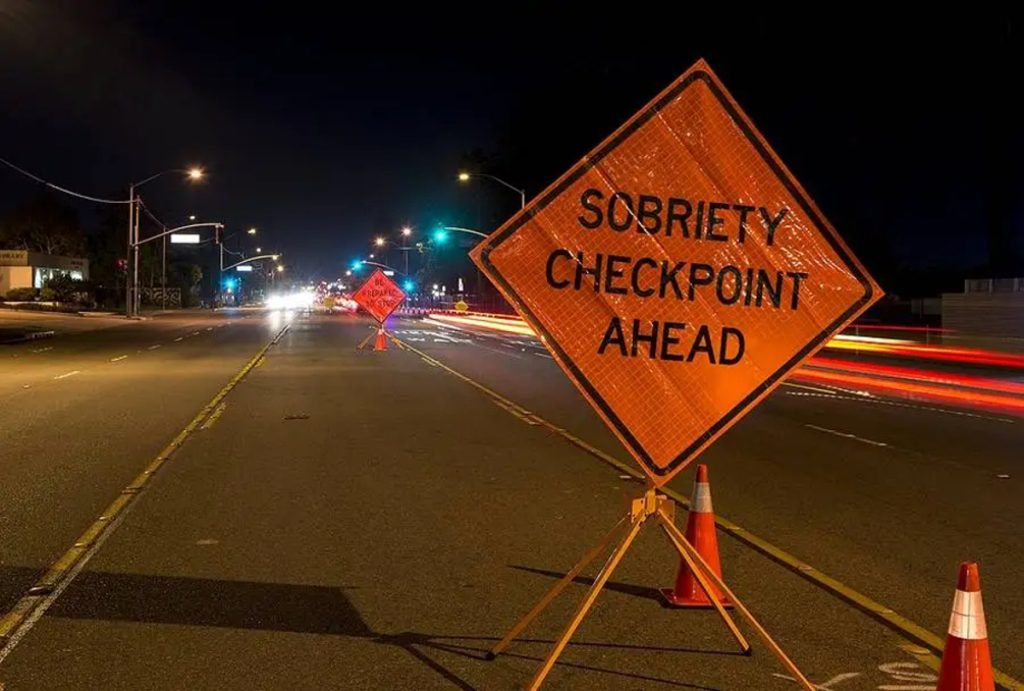DUI. It’s the wrong of wrongs, the mistake of mistakes, the scourge of scourges. It’s unsafe, unkind and uncool. And it’s also the absolute worst thing a drinking fella can do in this world of ours.
But what about a sober DUI? What do you do when you’ve done nothing wrong yet still get socked with a penalty? Sounds crazy, but it happens. More often than you might think.
It happened in Phoenix. It happened in Denver. And it happened so often in Tennessee that one enterprising local network turned the sober DUI spree a special report.
Really.
Sober DUI: Palm Beach County
Currently, there are three approved field sobriety tests in Palm Beach County FL, per the NHTSA (National Highway Traffic Safety Administration).
- Horizontal Gaze Nystagmus Test (HGN Test)
- This test involves a police officer checking your eyes. The word “nystagmus” means involuntary, jerky eye movement. So, the officer will ask you to follow an object, like their finger or a pen, side-to-side with your eyes.
- The officer then watches how smoothly your eyes follow, whether jerky movements occur when either eye is moved fully to the side, and whether they happen while your eyes are within 45 degrees from their center.
- This means the officer is looking for these three cues in each eye for a total of six. If they detect four or more, they may believe you’re impaired.
- Walk and Turn Test (WAT Test)
- The next test is meant to measure your balance and ability to follow instructions. The officer will instruct you to take nine steps heel-to-toe, then turn around and do it again.
If an officer picks up two of eight cues in this test, they’re trained to see it as a potential sign of DUI. The eight cues are:- Inability to keep your balance while receiving instructions
- Starting too soon
- Stopping while walking
- Missing the heel-to-toe steps
- Stepping off the line
- Using your arms for balance
- Making an incorrect turn
- Taking the wrong number of steps
- One Leg Stand Test (OLS Test)
- During this test, you’ll be asked to stand on only one leg for 30 seconds. This test is given to measure your coordination, balance, and ability to handle two tasks at once.
- You’ll be instructed on how to raise one leg about six inches from the ground with your foot pointed out and both legs straight. While looking at your elevated foot, you’re to count out loud as directed by the officer.
- The four cues involved in this test are if you sway while trying to balance, if you use your arms for balance at any point, if you hop while counting, or if you put your foot down.
- Presenting two of these four cues implies to the officer that you may be impaired, according to the NHTSA.
- Portable Breath Tests (PBT)
- The last field sobriety test in Palm Beach County FL is different from the others in that you aren’t performing ongoing activities. Instead, an officer uses an alcohol measurement device called a Portable Breath Test or Preliminary Breath Test (PBT) during the roadside stop.
You’ll be asked to blow into a handheld device, which then gives a reading on your BAC. However, these devices are often less accurate than the breathalyzers at the police station. - PBT results can be used to establish probable cause, but aren’t admissible during your DUI trial.
It’s true that DUI field sobriety tests in FL have been approved by the NHTSA. However, this doesn’t mean the results are always guaranteed to be accurate.
This is clear when we look at one of the most recent studies, which the NHTSA sponsored to demonstrate how effective each field sobriety test in Palm Beach County FL is.
Per the study, four (or more) signs in the Horizontal Gaze Nystagmus Test mean there’s an 88% chance the person is impaired.
But at the same time, 37% of non-impaired participants demonstrated four (or more) signs in this same test.
This example makes it very clear that field sobriety tests simply aren’t infallible.
And so…
In Florida, there’s no law stating that you must agree to perform field sobriety tests when asked. However, Florida’s implied consent law means you are legally obligated to submit to a chemical breath, blood, or urine test if asked.
Sobering Problem: WSMV4 Investigates gets to the heart of Tennessee’s Sober DUI problem
609 sober drivers were arrested for DUI in Tennessee between 2017-2023. Nashville’s WSMV gets the story…
